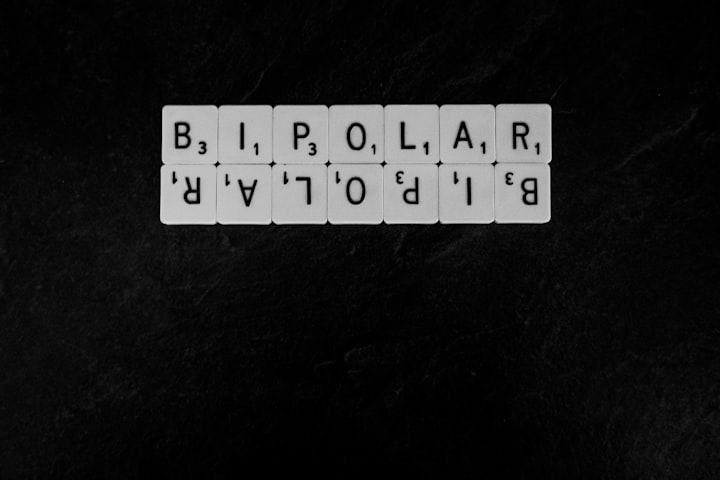Recognizing How Medicine Can Be Used to Treat Bipolar Disorder
Recognizing How Medicine Can Be Used to Treat Bipolar Disorder

Bipolar disorder, also known as manic depression, is a mental health condition that affects millions of people worldwide. It is characterized by extreme mood swings, from manic episodes of high energy, euphoria, and grandiosity to depressive episodes of low energy, sadness, and hopelessness. Bipolar disorder can be challenging to manage, but there are effective treatments available, including medication and therapy. In this article, we will explore how medicine can be used to treat bipolar disorder and the role of therapists in Delhi.
Medication for Bipolar Disorder
Medication is often the first line of treatment for bipolar disorder, as it can help stabilize mood and reduce the frequency and intensity of mood swings. There are several types of medication used to treat bipolar disorder, including mood stabilizers, antipsychotics, and antidepressants.
Mood stabilizers are the most commonly used medication for bipolar disorder, as they help regulate the ups and downs of mood swings. Lithium is the most well-known mood stabilizer and has been used for decades to treat bipolar disorder. It works by reducing the activity of certain chemicals in the brain that contribute to mood swings.
Antipsychotics are another class of medication used to treat bipolar disorder. They are often used in combination with mood stabilizers to help control symptoms of mania or psychosis. Antipsychotics work by blocking certain chemicals in the brain that can cause hallucinations, delusions, and other symptoms of psychosis.
Antidepressants are sometimes used to treat bipolar disorder, but they must be used with caution. In some cases, antidepressants can trigger manic episodes or make existing manic symptoms worse. Therefore, antidepressants are usually only prescribed for bipolar depression when other treatments have not been effective.
It is essential to note that medication is not a cure for bipolar disorder, but it can be an effective tool for managing symptoms. It is also important to work closely with a healthcare provider to find the right medication and dosage for individual needs.
Therapy for Bipolar Disorder
In addition to medication, therapy is an important part of treating bipolar disorder. Therapy can help individuals with bipolar disorder learn to manage their symptoms, identify triggers that can cause mood swings, and develop coping strategies for dealing with stress.
Several types of therapy are used to treat bipolar disorder, including cognitive-behavioral therapy (CBT), psychoeducation, and interpersonal and social rhythm therapy (IPSRT).
CBT is a type of therapy that focuses on changing negative thought patterns and behaviors that can contribute to mood swings. It can help individuals with bipolar disorder learn to identify and challenge negative thoughts and develop positive coping strategies.
Psychoeducation is a type of therapy that focuses on educating individuals with bipolar disorder and their families about the condition. It can help individuals better understand their symptoms, learn to recognize triggers that can cause mood swings, and develop a plan for managing symptoms.
IPSRT is a type of therapy that focuses on regulating daily routines and establishing regular patterns of behavior. It can help individuals with bipolar disorder develop a stable routine that can help regulate mood and reduce the risk of mood swings.
The Role of Therapists in Delhi
Therapists play a critical role in the treatment of bipolar disorder, as they can provide individuals with bipolar disorder with the support and guidance they need to manage their symptoms effectively. In Delhi, there are many therapists who specialize in the treatment of bipolar disorder and other mental health conditions.
Therapists in Delhi can provide individuals with bipolar disorder with a variety of services, including therapy, medication management, and support groups. They can work with individuals to develop a personalized treatment plan that addresses their specific needs and goals.
Therapists in Delhi can also provide individuals with bipolar disorder with support and guidance during difficult times. They can help individuals develop coping strategies for dealing with stress and provide them with a safe and supportive space to discuss their feelings and experiences.
Therapists in Delhi can also help individuals with bipolar disorder navigate the healthcare system and access the resources they need to manage their condition. They can provide referrals to psychiatrists, support groups, and other resources that can help individuals with bipolar disorder live healthy and fulfilling lives.





Comments
There are no comments for this story
Be the first to respond and start the conversation.